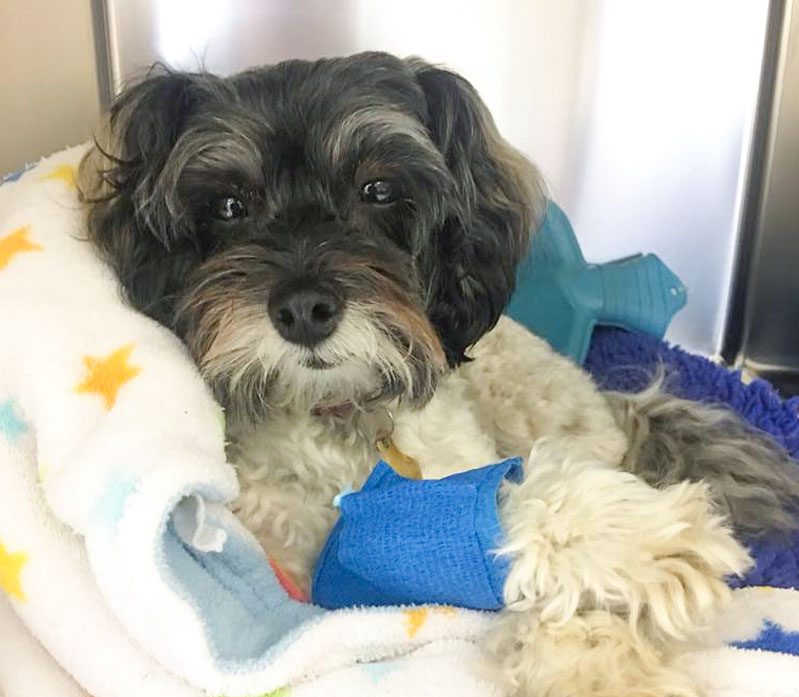Out of Hours Care
Our opening hours are:
Mon – Fri: 8:00 am – 6:30 pm
Sat & Sun: Closed
Public Holidays: Closed
If you have an emergency outside of these hours, please see the contact information below for Geelong Animal Emergency.

Geelong Animal Emergency
Are you prepared for an emergency?
Pets can experience accidents and injuries that require emergency care. However, sometimes it may be difficult to determine if your pet is experiencing a trauma that warrants a visit to urgent care or if their symptoms are those of something less serious. If you are unsure whether your pet is in need of veterinary trauma services, here are the most common reasons to seek emergency care for pets.
Watching your pet struggle to breathe can be terrifying for both you and your pet. If your pet is having difficulty breathing, it means there is something going on and it definitely can be classified as an emergency. Breathing problems can be caused by a wide range of things, such as heart failure, an allergic reaction, a blockage in their lung and a variety of other serious problems. In this situation, you should seek emergency pet services immediately.
If your pet has had seizures in the past or if they have just had their first seizure, you need to take them to an animal hospital for emergency veterinary services as quickly as you can. Seizures occur as a result of abnormal electrical activity in their brain. Seizures can sometimes be isolated, whereas other times they occur in groups, but either way, there are a number of things that may cause your pet to have seizures, so it’s critical that you seek medical attention for them as soon as possible.
There are many types of trauma that your pet can experience. If your pet has experienced any type of strike or blow, such as being hit by a car, that causes injury or damage to any part of their body, they should be seen by a veterinarian as soon as possible. If you aren’t sure how to transport your pet to the animal hospital following trauma or if you have questions about what to do during transportation, such as covering a wound or bracing a broken bone, contact your veterinarian for recommendations while you are in route or just prior to going to the emergency room.
If you notice your pet acting differently or exhibiting strange behaviors, such as withdrawing from you or suddenly fatigued, it is important you take them for an examination as soon as possible. Many injuries and illnesses will not show symptoms right away, such as if your pet has eaten something toxic, so the safest thing to do is take them in for an exam at the first sign of anything different in their behavior.
Pets eat the weirdest things. Unfortunately, often these things may cause obstructions (blockages) in the intestinal tract. When this occurs, it is life-threatening and emergency care should be sought right away. Common symptoms include (but are not limited to): acute vomiting, straining to defecate, lethargy, and loss of appetite.
Bladder stones, kidney stones, internal lesions and other obstacles in the urinary tract may cause dangerous urinary blockages, causing toxins to build up in the blood. Catheterization to remove the blockage, combined with fluids to dilute the toxins, can save your pet’s life.
We treat you and your pets as family
To book an appointment or if you have any questions – please do not hesitate to contact us.


